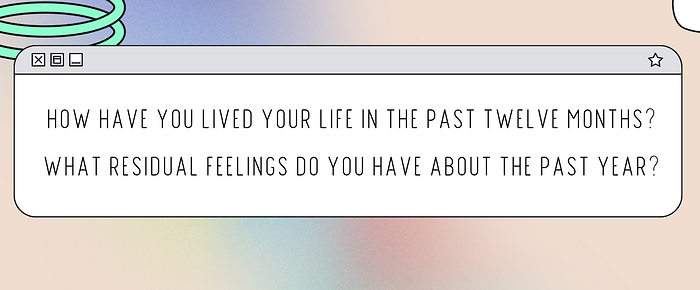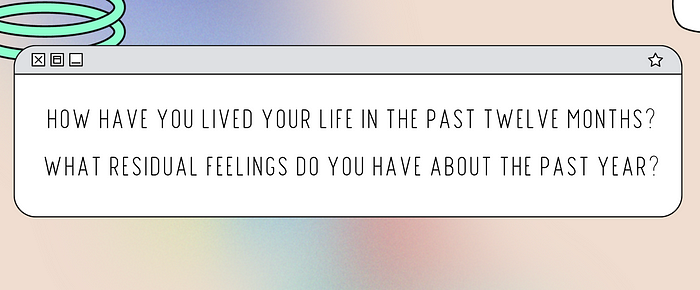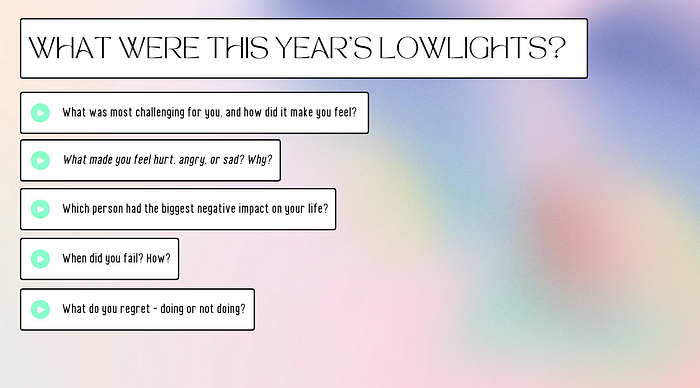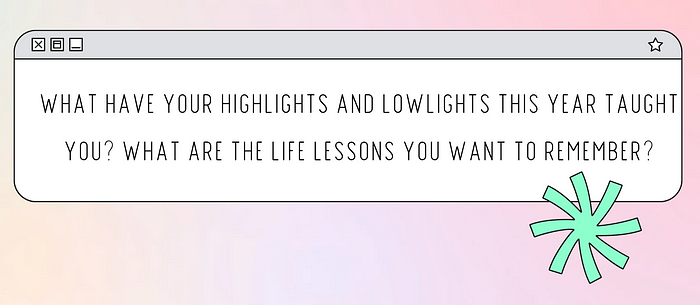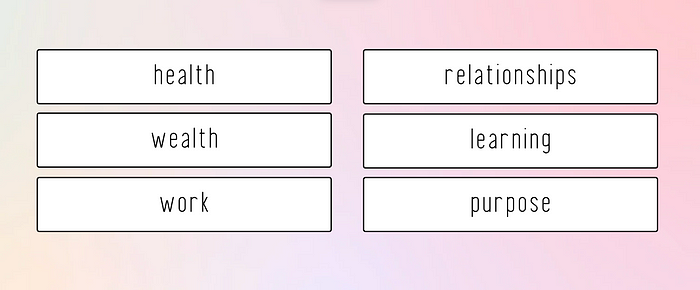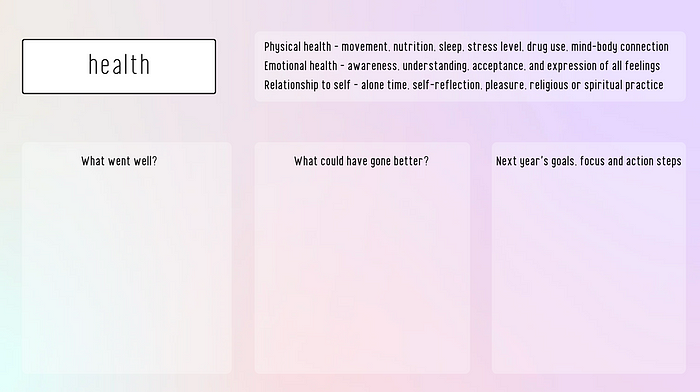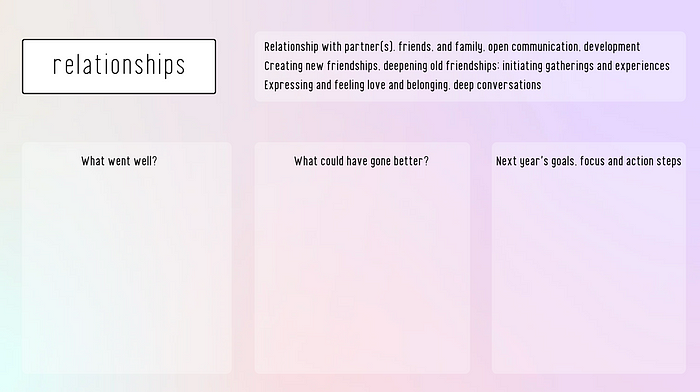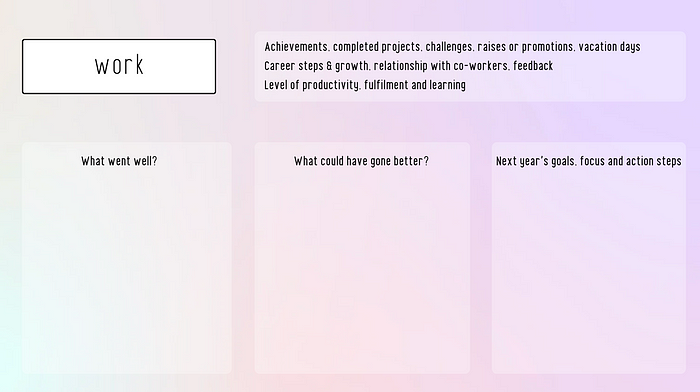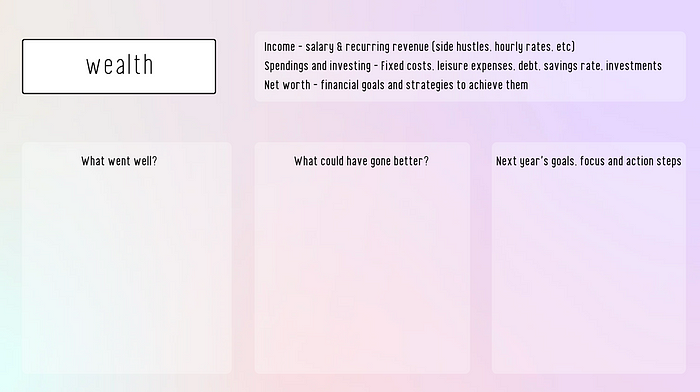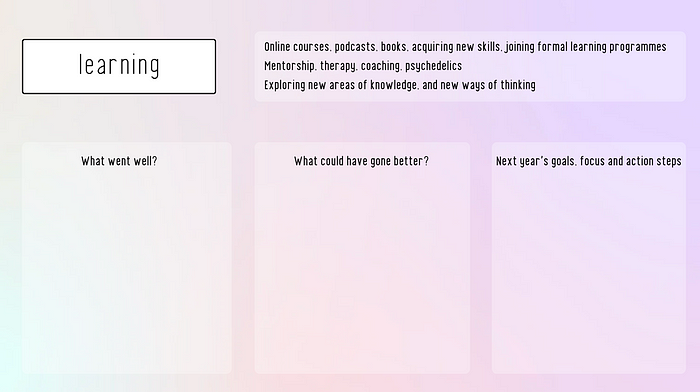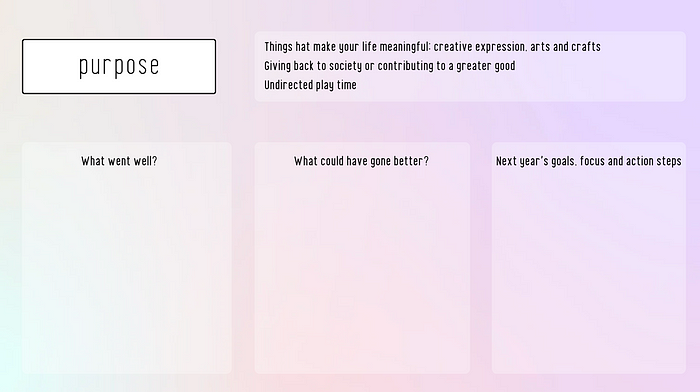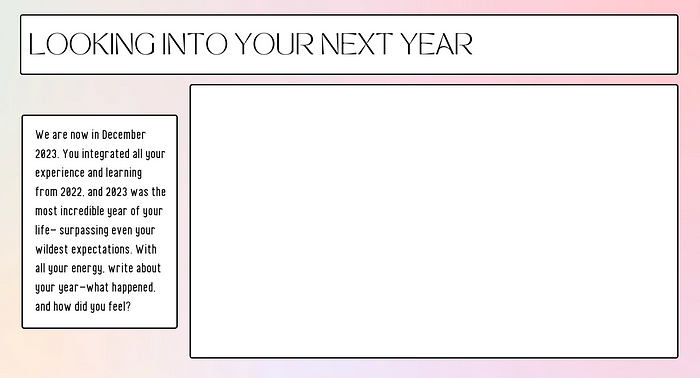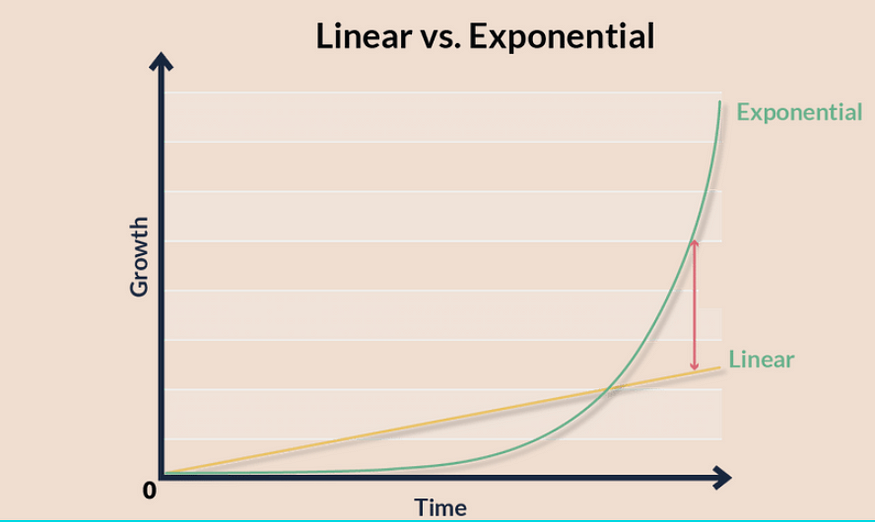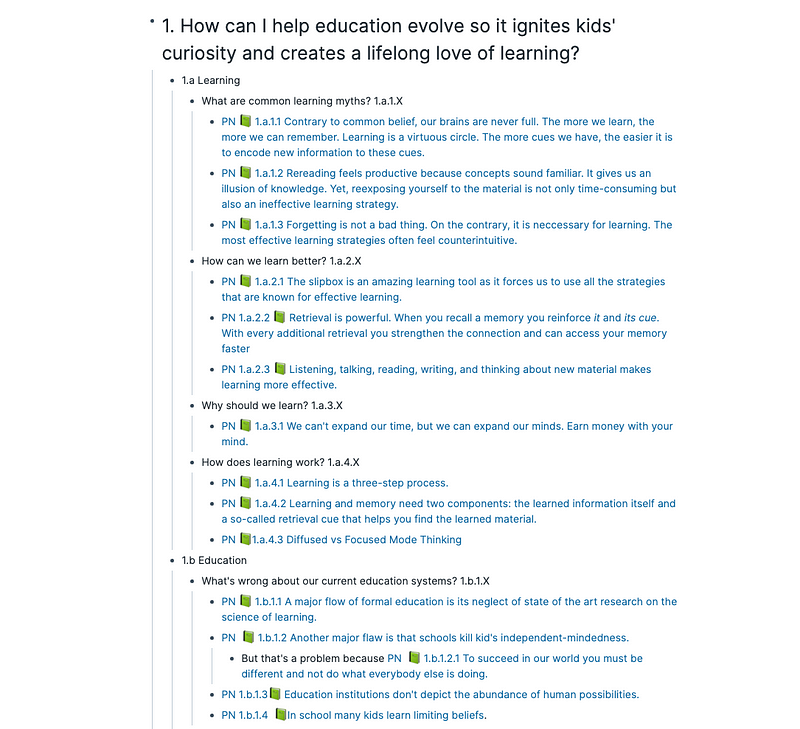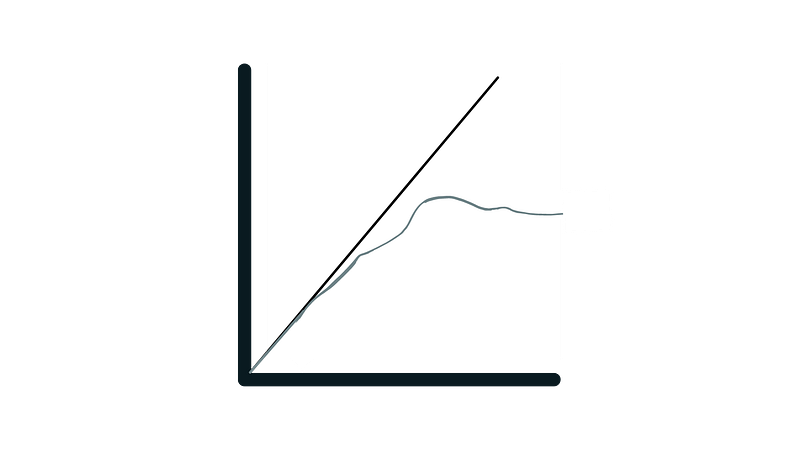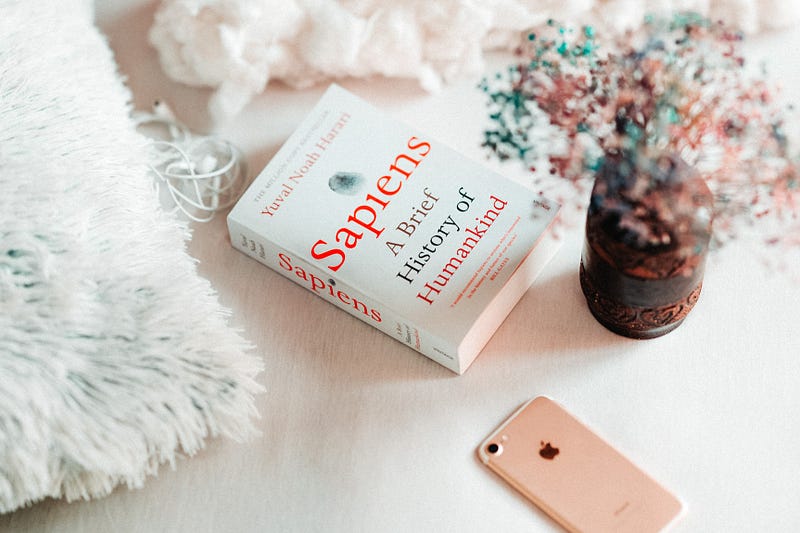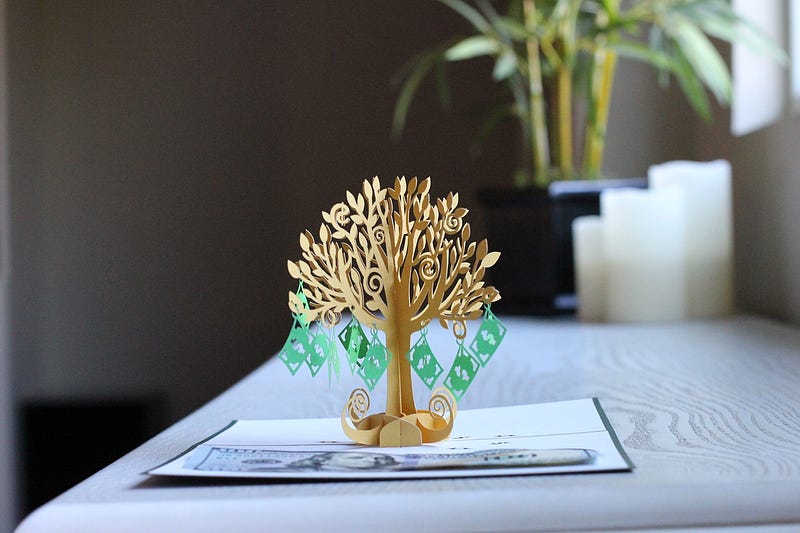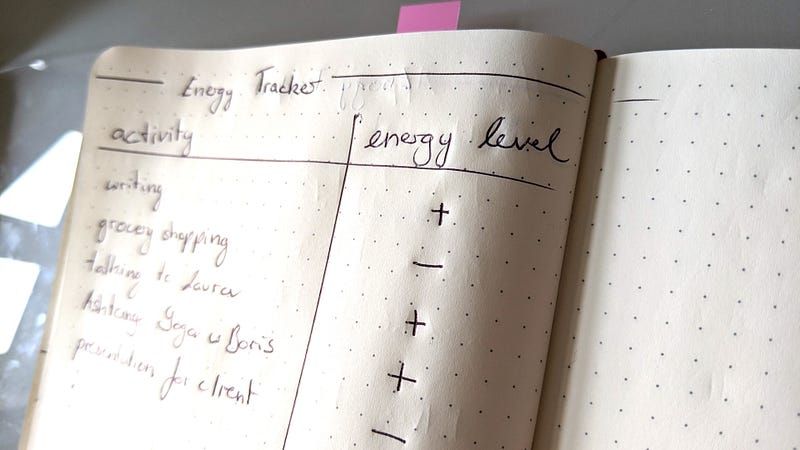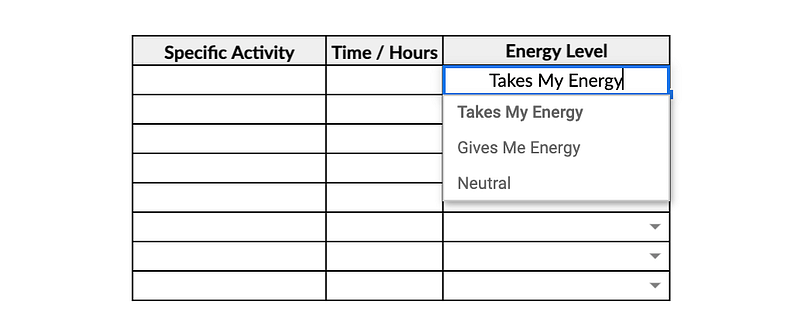And why I don’t want to live another day without it.

When I wrote my first article three years ago, I had no idea how writing would change my life.
Here’s my most personal story on Medium so far. It’s a short but sharp snapshot of how I went from being depressed to a life I love living and the role writing continues to play in it.
How I hustled myself into depression
As a first-generation student from a middle-income family in rural Germany, hustle culture was in my blood, slowly pushing me into depression.
At age 16, I spent my summer holidays as a factory worker. (I bought a new phone with the money I earned, which I lost the first week after the holidays).
At age 18, I worked as a full-time postwoman, getting up at 4 AM to deliver parcels and letters.
Before turning 21, throughout my undergraduate degree, I worked my way “up” in part-time jobs — from a hostess to a sales agent in retail, to a FinTech human resource manager, to a prestigious internship on the 91st floor of Shanghai’s world financial center.

At age 22, I hit rock bottom. I hoped to be sick forever, so I would never have to leave my bed again. I gained 10kg in two months. I felt depleted and empty. I entertained the idea of ending my life.
I won’t bore you with the details of the slow recovery (which involved pausing my studies, relying on financial support from my parents and emotional support from my school friends, therapy, and working in India).
But I will share one crucial lesson I learned very early in life: hustling doesn’t lead to happiness.
From the outside, it can seem as if someone has everything when on the inside, they have nothing.
My journey toward a life I never dreamed of
In my early twenties, I didn’t accept and like myself, so I focused all of my energy on excelling in a way validated by society.
I worked long hours not to face the emptiness and insecurity inside myself. Like many others, I used hustling to cope with unresolved trauma.
But thanks to winning the passport lottery and the privilege that goes along with it, I could use my remaining willpower and perseverance to do the inner work.
Facing and working through my trauma led to profound changes in how I work and who I work with.
I still approach work with ambition, and I strive for excellence. I deeply enjoy the work projects I commit to and receive feedback I am incredibly proud of.
But work is no longer the only cornerstone of my understanding of a successful life. I aim for four-hour laptop work days (which works nine out of ten times) to have enough capacity to care for myself and others. As a result, I can show up for projects as my most present, clear, and energized version.
I finally have time to do many of the “one day maybe” things. For example, I developed new skills and passions, such as DJing, delivering a TEDx talk, hosting a weekly podcast with my partner, and volunteering for a community project.
I feel more mental and physical strength than ever before. Not because I am a hyper-productive hustle machine but because I give myself enough space and time to live life at my pace.
My not-so-secret fuel for learning and growing
While writing has not pushed me out of depression, it has fueled my personal and professional development. Writing in public has helped me shape a life filled with flexibility and joy.
It all started in the earliest days of the first lockdown in 2020, when I saw a video on Facebook about a writing course.
A friend shared how she had made $7,000 from a single Medium article. Money was never my key motivation for changing careers, but I felt intrigued.
I took her and many other writing courses and started publishing consistently. From there, plenty of new opportunities and insights evolved, on which I will elaborate another time. But in short, writing online has helped me:
- better understand my purpose in life.
- unleash my inner voice.
- organize my thinking.
- connect with some of the most inspiring humans.
- find an activity that brings me into blissful, creative flow states.
- build a six-figure one-person business.
- discover some of the most powerful tools and mindsets for living.
Writing has been the key to pushing me toward a life I never dared to dream of. I know my purpose in life. I have a full mind, body, and soul YES to the projects I committed to. I earn more than I have ever dreamed of. I have time and energy for the people I love. I know everything I want is available to me. I am calm and happy, connected with this present moment.
Final thoughts
Whether you are struggling to stay afloat in hustle culture, searching for your purpose in life, or feel as if you have not yet tapped into expressing your voice, know that you are not alone.
Writing won’t fix everything. But writing in public is a potent tool to gain clarity and insight toward a life you never dared to dream about.
Ready to start writing online?
Subscribe to the bi-weekly write letter to get inspired, or join the next cohort of my writing online accelerator.

